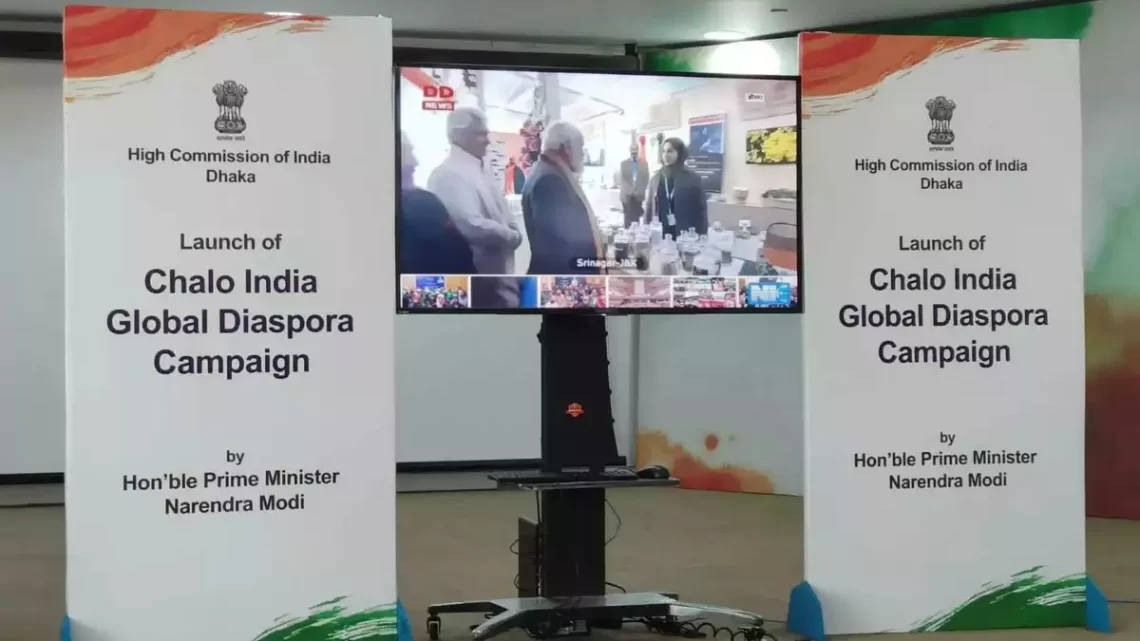
India’s Tourism Push in Kashmir: A Double-Edged Sword
March 19, 2024In a recent move, Prime Minister Modi has unveiled the “Chalo India – Global Diaspora Campaign,” aiming to boost tourism in India and the disputed region of Kashmir. This initiative, orchestrated through India’s diplomatic missions worldwide, seeks to leverage the Indian diaspora to promote tourism in the region. However, beneath the surface of this seemingly benign campaign lies a more complex agenda.
The Modi government’s alignment with Hindutva ideology is evident in its efforts to use diplomatic channels to encourage tourism in Kashmir. Diplomatic missions in Jeddah and South Africa have actively organized events urging the Indian diaspora to invite non-Indian friends to visit India, including Kashmir, at least once a year. Ostensibly aimed at bolstering India’s tourism industry, this campaign serves a dual purpose, aligning with the government’s agenda to integrate Kashmir more tightly into the Indian fold.
Yet, the reality of safety for foreign tourists in India, particularly in regions like Jharkhand, raises serious concerns. Recent incidents, such as the reported rape of a Spanish motorcyclist couple, highlight the risks faced by visitors. Despite the government’s efforts to project India as a safe destination, such incidents underscore the need for greater attention to tourist safety and security measures.
Furthermore, the campaign coincides with a broader narrative aimed at legitimizing India’s control over the disputed territory of Jammu and Kashmir (IIOJK). India’s strategy includes a concerted effort to propagate the narrative of the alleged genocide of Kashmiri Pandits, with the aim of tarnishing the image of Kashmiri Muslims and their struggle for self-determination. This narrative not only seeks to justify India’s occupation of the region but also lays the groundwork for demographic changes through the resettlement of Hindus in IIOJK.
The government’s pro-tourism stance in Kashmir raises suspicions of ulterior motives, potentially providing a platform for covert intelligence operations and clandestine activities. While promoting tourism ostensibly serves economic interests and cultural exchange, it also facilitates surveillance and intelligence gathering in a region of strategic importance.
Therefore, India’s “Chalo India – Global Diaspora Campaign” represents a calculated effort to advance the government’s agenda in Kashmir under the guise of promoting tourism. However, the dual nature of this initiative, coupled with concerns over tourist safety and the manipulation of narratives, underscores the need for a critical examination of its underlying motives and implications. As India seeks to attract visitors to Kashmir, it must prioritize the protection of tourists and respect the region’s complex socio-political realities.

